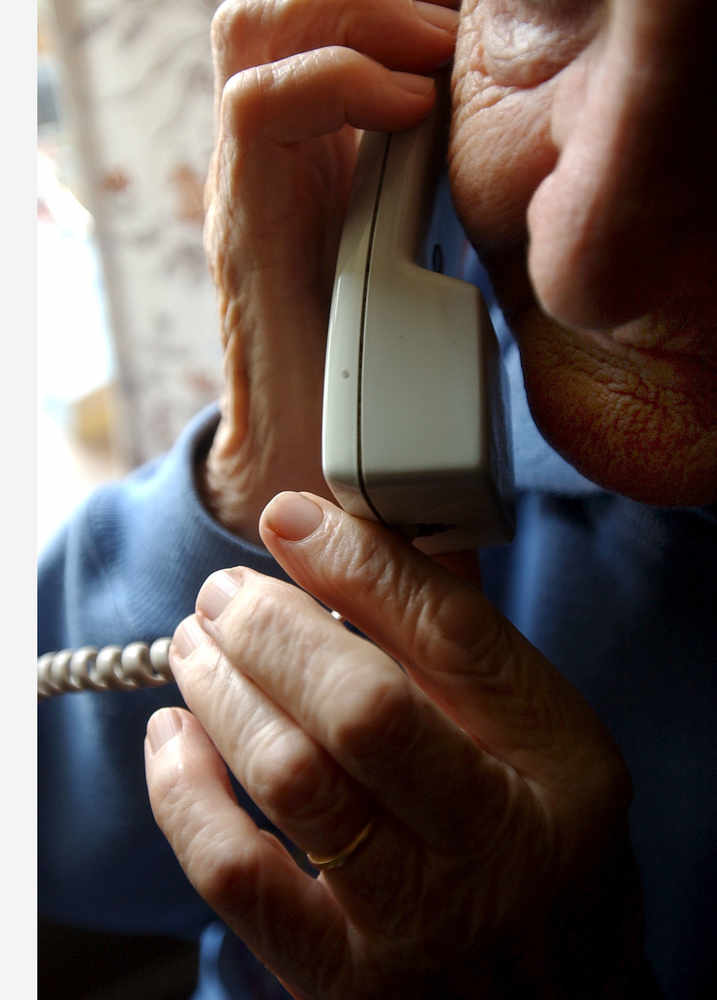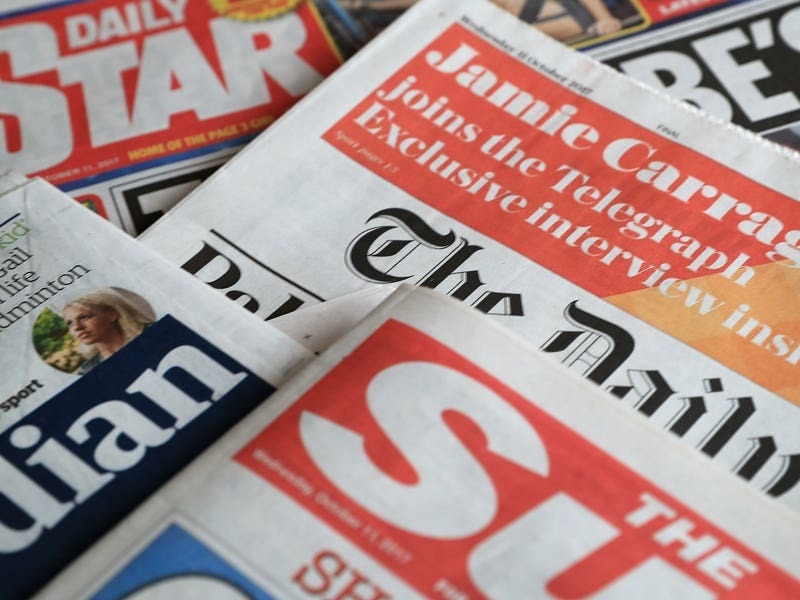- JT Group report pre-tax profits of £11.5 million for 2014
- Telecoms company is owned by the States
- Profits are marginally more than in 2013
STATES-owned telecoms company JT Group has reported pre-tax profits of £11.5 million for 2014, marginally more than in 2013, according to financial statements presented to States Members yesterday.
Turnover last year increased by £982,000, to £152.4m, up from £151.4m in 2013.
Fifty per cent of the turnover came from within the Channel Islands and the remainder from the group’s international business interests.
The board has described the results as ‘consolidation’ of the group’s activities in Jersey and Guernsey and says there has been ‘significant growth’ overseas.
The States, as sole shareholder, will receive £1.6m in dividends, compared to £3.2m in the previous year.
The company last year paid tax of £2.7m, down from £3.5m in 2013.
Board members’ fees and salaries totalled £579,000 last year, including chief executive Graeme Millar’s basic salary of £198,000, with £10,000 in pension contributions paid by the company and a bonus of £60,000.
The previous year he received a bonus of £118,000.
Chief finance officer John Kent was paid a basic salary of £161,000 plus £16,000 in pension paid by the company and a £38,000 bonus.
Mr Millar described 2014 as ‘not an easy year’, with complaints from consumers escalating following a new billing system and well-publicised problems with workers on the Gigabit Field Force fibre broadband initiative.
Mr Millar said that following changes in the second half of last year there had been a considerable fall in customer dissatisfaction.
‘We now have fewer complaints than before we changed our billing system,’ he said.
However, although over 35% of Island homes now have fibre-optic broadband, Mr Millar said the industrial unrest would have a knock-on effect on the time the £51m project would take to complete – the original target was the end of 2016, with the latest estimate extending to 2019.
‘We have reached agreement with our main contractor, CH2M Hill, but that has impacted the schedule,’ said Mr Millar.
‘We have some replanning to do.’
In terms of Channel Islands investment, JT last year spent £17.3 million in Jersey, including on fibre broadband infrastructure and the 4G network, and £4 million in Guernsey.
Overseas projects included a contract with Kraft, the US food manufacturer, to provide 22,500 employees with fixed telephony across 85 sites, and ‘machine to machine’ technology using JT sim cards for ‘smart’ car tracking.
Mr Millar said that profit from foreign investments had the potential to become increasingly important.
‘If we did not have our overseas business, we would not be able to invest locally and we would have to borrow money or increase prices,’ he said.
‘It is a big strategic challenge for JT – in telecoms, you need a lot of customers to get a return on investment.
‘For example, for our 4G network, we have 100,000 customers in Jersey, but capacity for two and a half million subscribers.’
He added that JT expected further business to follow the Kraft deal in North America, with some new, innovative services for local customers.
‘Even though we have only just finished delivering 4G, we are already preparing for 5G, in 2020,’ he said.

STATES-owned JT has come bottom in a new survey of mobile phone services last year.
Customers in both Jersey and Guernsey rated JT less favourably than rivals Airtel-Vodafone and Sure for quality of service, billing and customer service.
The survey, carried out by the Channel Islands Competition and Regulatory Authorities, questioned 500 mobile phone users in both Jersey and Guernsey.
In Jersey, 39% of the JT customers who took part said they were likely to change provider, compared to 25% of Airtel customers and 11% of Sure customers.
The Jersey survey also found:
- 90% of Sure customers were satisfied or very satisfied with the quality of service, compared to 67% of Airtel customers and 55% of JT customers.
- 81% of Sure customers were satisfied or very satisfied with the billing system, compared to Airtel (77%) and JT (28%)
- 67% of Sure customers were satisfied or highly satisfied with customer service, compared to Airtel (66%) and JT (40%).
In Guernsey, Airtel gained highest approval from customers, followed by Sure and then JT.
The results follow a survey carried out by the regulator on fixed line services, for which JT currently has the monopoly in the Island.

ISLANDERS are paying ‘significantly more’ for their landline telephones than their Guernsey counterparts, according to a report by the Channel Islands’ competition watchdog.
As a result of the findings, the Channel Islands Competition and Regulatory Authority is considering imposing new price controls on fixed-line services in Jersey.
The results of the consultation, which sought to discover what price controls may be needed on fixedline services, were published in March.
As part of the process, the prices JT currently charge for landlines were measured against other jurisdictions, including Sure in Guernsey.
The report found that JT’s retail prices were on average 33 per cent higher that comparative companies in Guernsey.
Price controls are used by regulators in markets where there is limited competition to ensure that customers are appropriately charged.
The last full price controls for Sure in Guernsey and JT in Jersey were set in 2008, initially covering a period up to 2011.
Since then, both telecoms providers have been subjected to yearly roll-overs and an interim price control. CICRA, alongside consultants Frontier Economics, launched the consultation to find out whether continued price controls are needed and, if so, to help determine what the price levels should be set at.






